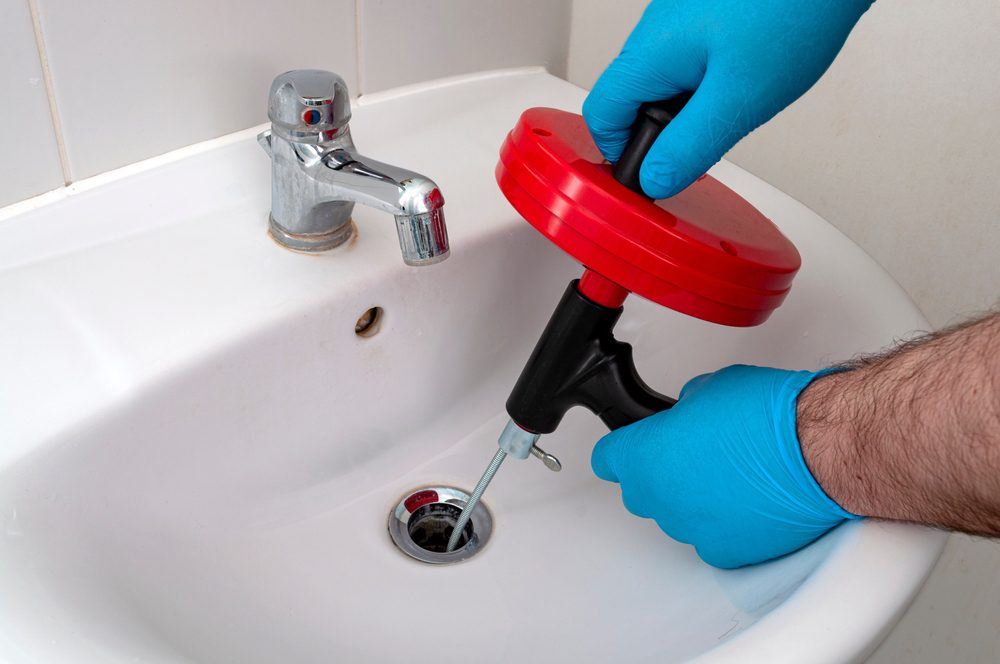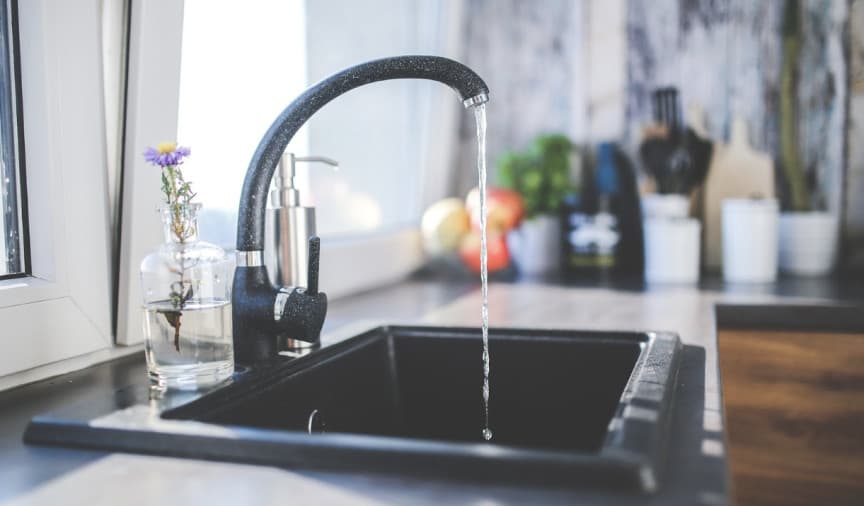The writer is making several good pointers on What I learned from trying to deal with a clogged drain overall in this article further down.

Introduction
Handling an obstructed drain can be a discouraging experience, interrupting day-to-day activities and possibly creating damage to your residential property. Nonetheless, prior to reaching out to pipes professionals, there are steps you can require to resolve the concern on your own. In this guide, we'll check out do it yourself services and preventive measures to deal with an obstructed drain efficiently.
Identifying the Issue
The primary step in resolving an obstructed drain is acknowledging the indicators. Sluggish drain, gurgling sounds, foul odors originating from drains pipes, or water backing up prevail signs of an obstructed drainpipe. Identifying these indicators early can aid stop better issues.
Common Root Causes Of Blocked Drainpipes
Comprehending the factors that contribute to drain blockages is essential for efficient resolution. Usual culprits include hair, soap scum, grease, food debris, and international things like sanitary items or paper towels. Tree origins attacking underground pipes can likewise cause significant clogs.
Do it yourself Solutions
For small blockages, several DIY services can be reliable. Pouring boiling water down the drain can aid liquify grease and particles. Sodium bicarbonate and vinegar or a combination of salt and baking soft drink can work as all-natural cleansers. Making use of a bettor or pipes serpent to dislodge obstructions is another alternative.
Devices and Tools
Having the right devices accessible can make DIY drainpipe cleaning up much more effective. A bettor is a functional tool for removing obstructions in sinks, commodes, and showers. A plumbing serpent or auger can get to much deeper obstructions, while drainpipe cleaning chemicals can be used cautiously for persistent blockages.
Safety nets
To prevent future blockages, taking on preventive measures is crucial. Set up drainpipe guards or filters to capture hair and debris before they go into the pipelines. On a regular basis flush drains with hot water to liquify oil build-up, and prevent dealing with oil or solid waste away.
When to Call a Professional
While do it yourself remedies can settle minor blockages, certain indicators show the need for specialist assistance. Persistent clogs, foul odors regardless of cleaning up initiatives, or several drains pipes backing up all at once are warnings that require expert intervention.
Choosing the Right Pipes Solution
When picking a plumbing service, think about elements such as experience, licensing, and customer testimonials. Select a reputable plumbing professional with a performance history of top quality craftsmanship and clear prices techniques.
Expense Considerations
The cost of professional drain cleaning services can differ depending on the intensity of the clog and the plumbing's rates. Request quotes from multiple companies and ask about any additional charges to make certain transparency and stay clear of surprises.
Safety Precautions
When attempting DIY drainpipe cleaning, prioritize safety and security. Wear protective handwear covers and glasses to prevent contact with dangerous chemicals or germs. Never ever mix different drain cleaning items, as this can generate unsafe fumes.
Situation Studies
Real-life examples highlight the performance of DIY solutions and the relevance of prompt professional treatment in fixing drainpipe blockages.
Conclusion
By complying with the tips detailed in this guide, you can effectively tackle obstructed drains and protect against future pipes concerns. Whether choosing do it yourself services or looking for expert assistance, timely activity is key to maintaining a healthy and balanced pipes system and protecting the integrity of your home.
10 TIPS TO CLEAR ANY BLOCKED DRAIN
SIGNS OF A BLOCKED DRAIN
Blocked drains can be a source of property damage and health problems for people and pets. The early warning signs of a blocked drain are:
Overflowing
You’re probably quite used to everything flowing down your drain. As a result, it’s quite alarming seeing water spill back up. If your drain is overflowing, that means you’re facing a blockage.
Gurgling sounds
Gurgling sounds indicate that the water is pooling and pushing against the pipe. If you experience this, it’s often the case that a blockage is a problem.
Slow draining
When emptying your sink or taking a shower, you might notice that the water pools for longer than expected. Usually, the problem worsens rather than getting better by itself, which suggests that the blockage is growing larger.
CAUSES OF A BLOCKED DRAIN
Although most people use their drains appropriately, it’s quite easy to make mistakes. Occasionally, everyday use results in blocked drains too. Common causes include:
Tree roots
Tree roots won’t be the cause of local drain blockages, but they can disrupt your main sewage system. The root keeps growing until it breaches the pipe and causes a blockage.
Toiletries
Although toiletries are essential, some can cause drain blockages. For example, nappies, baby wipes and sanitary products should not be flushed down the toilet.
Foreign objects
When you have kids, there’s always a risk they’ll flush something unusual down the toilet. Toys and other foreign objects become lodged in the u-bend, resulting in a blockage.
Mineral Buildup
When minerals such as calcium build up in your pipes, this causes constriction. Although this may not cause a blockage on its own, it does make it easier for other types of blockages to form.
Soap
Although liquid soap may not cause drain blockages, solid soap bars can get lodged within pipes until they eventually break down. One way to stop this from happening is to use a mesh wire guard to cover plug holes.
Natural Debris
Natural debris can fall into your outdoor drains, especially when you don’t use gutter guards. This usually means leaves and twigs, although it can include dirt and grit too.
HOW TO CLEAR A BLOCKED DRAIN
Boiling water
Boiling water is useful for tackling blocked drains caused by grease, conditioner, and some other kinds of toiletries. This is because these substances have a low melting point, and the extreme heat helps to break them up. Boil a kettle with water and pour it down the drain to shift the blockage.
Natural cleaners
You can use some natural cleaners to create a fizzing effect that breaks drain blockages apart. Try pouring hot water down the drain, then follow it with one cup of bicarbonate of soda and a cup of vinegar. Leave it for ten minutes, then chase it with more hot water. A combination of the hot water and the natural cleaner mixture can break blockages up.
Caustic cleaners
Some stores sell caustic cleaners that take stronger action against drain blockages. It dissolves grease, fat, and oils, making it ideal for tougher blockages. Always follow the instructions on the packaging and ventilate the room before starting.
Plungers
As a simple yet effective tool, plungers can help to dislodge local blockages. They work by forming a seal around the plug hole, followed by a vacuum effect that removes the blockage.
DIY drain snake
You can make a DIY drain snake out of any thin metal wire, such as a coat hanger. Leave a hook at the end of the snake and insert it into the plughole. Try using it to fish out local blockages made of hair. This approach is most effective in showers.
https://preciseservices.com.au/10-tips-to-clear-any-blocked-drain/

Do you like reading up on How to handle a clogged drain in your home? Create feedback down below. We will be delighted to know your responses about this piece. We are looking forward that you come back again in the near future. If you appreciated our blog posting kindly remember to pass it around. Thanks a lot for being here. Come back soon.
Click Here